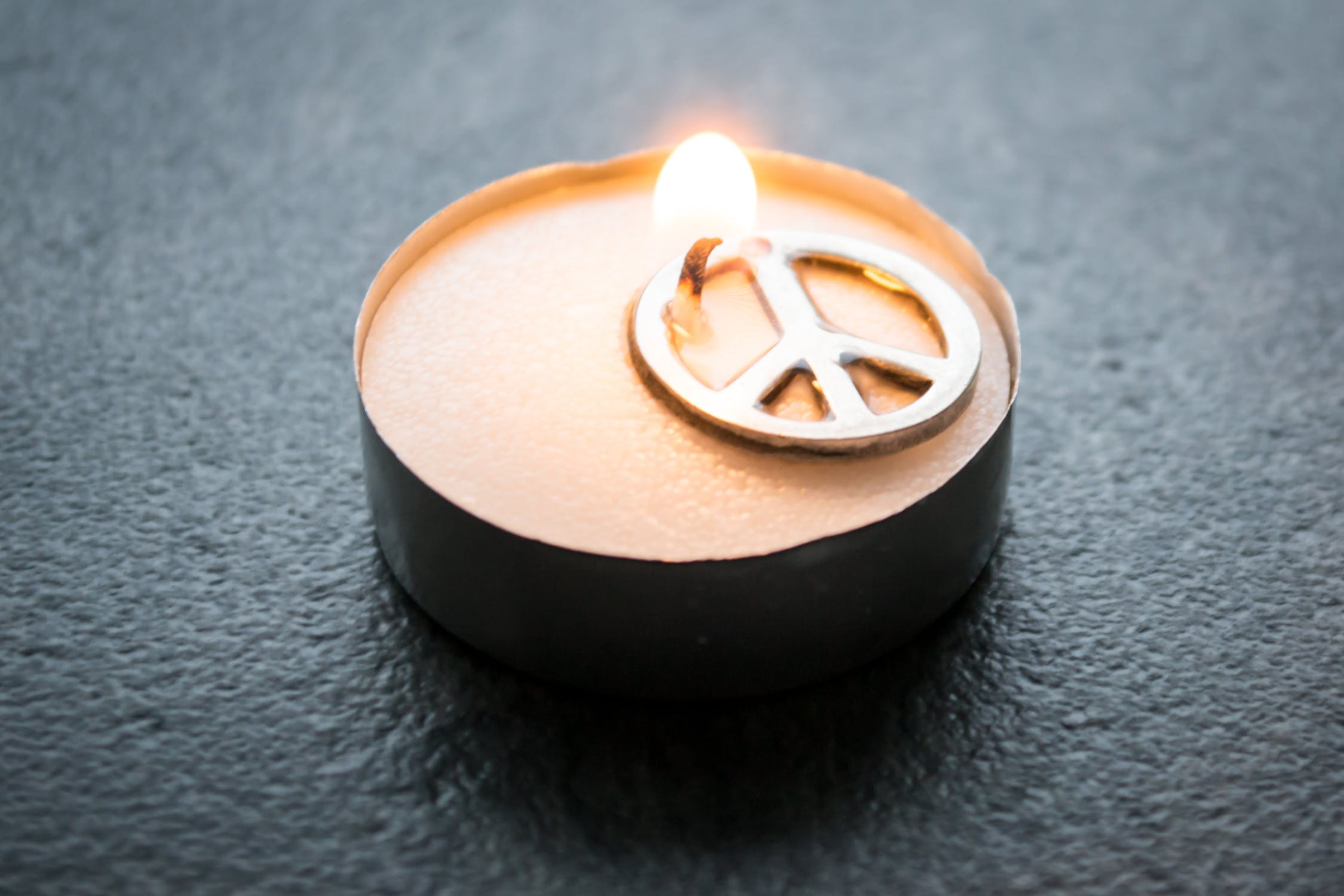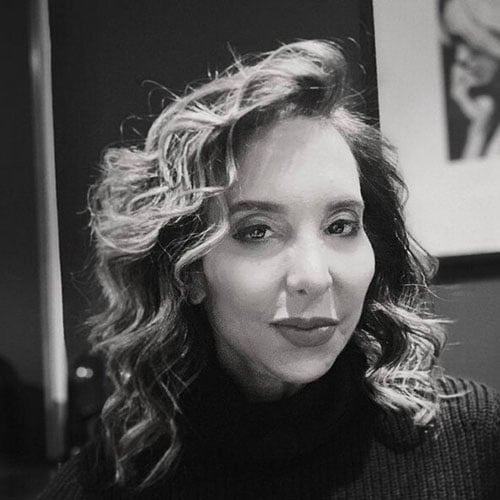 Peace
Peace On Sunday, March 17, when I didn’t think the news could get any worse, I heard from my Egyptian friend Marwa Maziad, a scholar of international relations at the University of Washington. She messaged me a link to a Haaretz op-ed titled, “After Christchurch and Pittsburgh, U.S. Jews and Muslims Need Each Other More Than Ever.” It featured a photo from an interfaith vigil in Manhattan. A woman is holding a sign that reads: “Your Jewish cousins have your back.”
“We talked about cousins way before everybody else,” Maziad wrote. “I think it will happen this time.”
That morning, a Palestinian had killed two Israelis near Ariel, authorities said. Some Palestinians handed out sweets to celebrate. Also that day in Amsterdam, protesters with Palestinian flags turned their backs on a Dutch rabbi’s remarks at a vigil for the victims of the Christchurch, New Zealand, massacre. Two days before, Chelsea Clinton was verbally attacked by a group of psychotic New York University students, who accused her of causing the New Zealand terrorist attack because she dared to criticize Rep. Ilhan Omar’s anti-Semitism.
I wasn’t feeling very optimistic.
But Maziad persisted: “I’m optimistic because I believe things happen for a reason — and they eventually stabilize.” Tragedies like New Zealand “help to bring people together,” she said.
She sent me a passage from the Quran: “O mankind, indeed, We have created you from male and female and made you nations and tribes, that you may know one another.”
“People need to see themselves in the other,” Maziad wrote. “That level of familiarity will heal people — and help them converge on humanity. … Literally at the level of, ‘Oh, they have eyes and ears and hair and necks in the same places!’ Like babies, when they start examining the adults who are holding them,” Maziad explained. “That takes away from the demonization of all by all. Knowing one another becomes a life purpose.”
I told her that she was beginning to lift my pessimism.
“Optimism is a political act,” she responded. “We need to look for similarities even before we respect our differences. Also, just know that at the root of all things bad is fear. When that fear is addressed, peace will follow. We have one family legacy. One region. One God. If we go back to that as often as we should, there would be more peace.”
I realized that what Maziad was saying converged with the philosophy of my Lebanese friend Imad. In line with positive psychology, Imad argues that there will always be toxic people and situations in our lives. The key is not to react to them — let toxicity happen without responding to it with anger or fear. If we don’t react, it will by definition become less significant.
“We have one family legacy. One region. One God. If we go back to that as often as we should, there would be more peace.” — Marwa Maziad
It’s not a coincidence that I’ve gone through the hardest year of my life surrounded by serene Muslims. That closeness allowed me to grieve with them over New Zealand and inspired me to write about the current political situation with honesty and tough love.
We can let negativity define our lives — and social media make that very easy — or we can choose optimism. Optimism does not mean ignoring reality. It means seeing it, understanding it, but then hoping and believing that the bad happens for a reason.
The Shabbat after the Christchurch tragedy, I invited my Muslim neighbors over to say a prayer after we lit the candles. Before we began, I told the kids — two Jews and two Muslims — that the man who is suspected of killing 50 worshippers in two mosques hated both of our religions.
No one spoke for a minute as that sank in.
My neighbor Saya and her son, Reese, recited “Al Fatihah” after we sang the blessing. Al Fatihah is the first chapter of the Quran, I learned. Its seven verses form a prayer, and many interpret its meaning — “the opener” — to refer to its ability to open a person to faith in God.
At the end, they said, “Amin.”
“Did you just say Amen?” I asked.
“Yes, we said Amin,” they replied.
Cousins, converging on humanity.
Karen Lehrman Bloch is an author and cultural critic living in New York City.






















 More news and opinions than at a Shabbat dinner, right in your inbox.
More news and opinions than at a Shabbat dinner, right in your inbox.